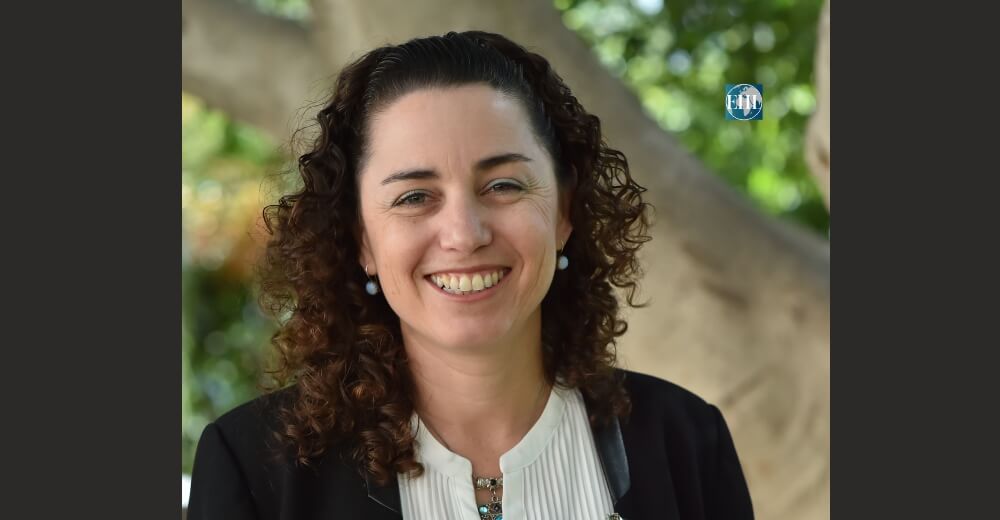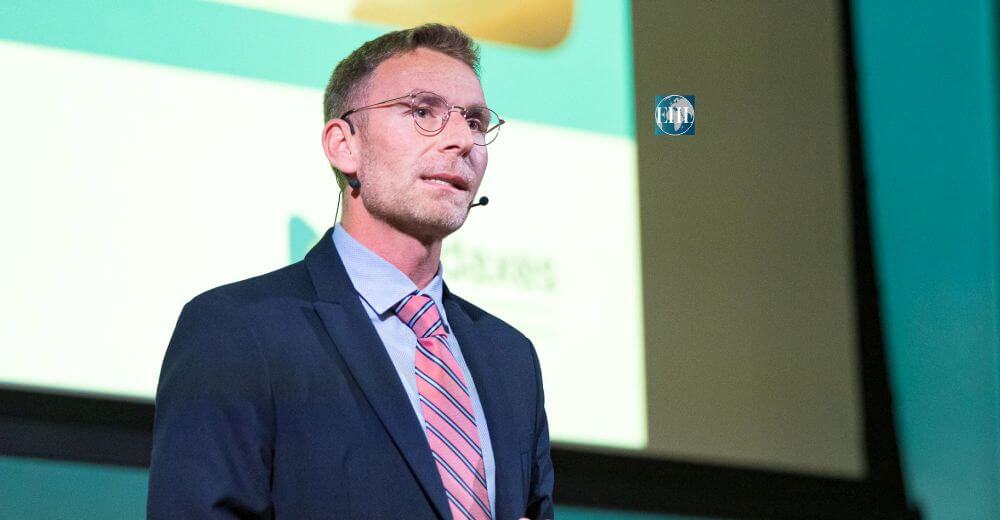The healthcare sector is in a constant state of evolution, characterized by commitment to innovation and visionary leadership. Recently there has been notable increase in the number of women leaders who have taken on roles as innovative founders, researchers, and scientists. This shift represents a significant step forward for the industry, as the contributions of these women have played a vital role in advancing the field and driving progress in the development of new treatment options.
Sharon Anavi-Goffer is one such leader who is leveraging the pharmacology of cannabinoids to treat critical psychological illnesses such as schizophrenia. Sharon started her career working in the food industry as a food technologist. After a year in the food industry, she made the bold decision to pursue her passion for neurology. She gained a deep understanding of brain function and went on to study immunology, focusing on the process of developing antibodies, proteins, and compounds in isolation. This wealth of knowledge proved to be valuable in drug development and health monitoring.
A turning point in her career was marked by her relocation to Scotland to undertake her Ph.D. studies at the University of Aberdeen. During her tenure, she had the privilege of collaborating with a distinguished team of scientists in the field of cannabinoids, including Prof Peter McCaffery, Prof Roger Pertwee, Prof Ruth Ross, Prof Mary Abood and Dr Angela Coutts. Prof McCaffery has been instrumental in supporting Sharon and her students since 2010. Prof Abood’s pioneering work in identifying the gene sequence of the CB2 receptor in rodents and the significance of mutations has left a lasting impact on the field and greatly contributed to Sharon’s study. She credits the guidance and mentorship of Prof McCaffery and Prof Abood along with other scientists, for her development into an outstanding scientist, head of the laboratory, and CEO.
Her research on the pharmacology of cannabinoids led to the establishment of Fride Pharma, a company that is devoted to the development of innovative drugs for the treatment of Tourette Syndrome and Schizophrenia. As CEO and CTO of the company, she strives to provide efficacious treatments for patients afflicted by these conditions.
Our recent interview with Sharon will take you on a journey of resilience and compassion highlighting her valuable contributions to the fields of health and science.
Could you elaborate on the company’s vision and how you envision it impacting the future of healthcare?
Fride Pharma pays a tribute to Prof Ester Fride, a famous scientist in the cannabinoid field, who made important discoveries which shaped this field and market.
We at Fride Pharma bring added value. We bring a TRUE and REAL offer of assistance, in response to unmet needs of current medicines, by providing new treatment options for physicians to use, new treatment options to individuals who suffer, a benefit to society as a whole, increasing wellbeing of patients and their families.
What unique advantages do you believe cannabinoid-based therapies offer in comparison to traditional pharmaceutical approaches for conditions like schizophrenia and Tourette syndrome?
We at Fride Pharma discovered novel drugs for schizophrenia and Tourette, which currently do NOT exist in the market. These drugs are research-based, they were developed after about 15 years of research in the field of cannabinoids. The drug for schizophrenia reverses positive and negative symptoms-like hallucinations and depression, respectively. The drug for Tourette reverses motor and vocal tics. Both drugs improve memory function.
What sets Fride Pharma apart from other companies in the cannabinoid research space? How do you ensure that your company maintains a competitive edge while staying true to its values and vision?
Most companies in the cannabinoid space are distilleries which sell extracts of cannabis. These companies do not aim to develop new and novel FDA-approved drugs, as this is a long journey which requires a major investment in terms of research, capital and time.
What are some of the most significant challenges in bringing cannabinoid-based therapies from the research stage to clinical application, and how is Fride Pharma addressing these challenges?
To bring a new drug based on a new technology to the market requires a lot of courage and a team of people who are experts and believe in the vision of our company. Along the way I discovered not only novel drugs but also remarkable people who joined my journey to bring new drug options for physicians to use, new treatment options to individuals who suffer from schizophrenia and Tourette syndrome.
Some investors we met were afraid of competition, however, for those I give the example of the CEO of GW Pharmaceuticals who headed the development of the FDA-approved Epidolex, a pure extract of the cannabinoid CBD. There is a competition, but physicians will not risk their patients and will prescribe a real FDA-approved drug rather than an extract which was not clinically tested. Indeed, Epidolex makes revenues for its investors. Similarly, we at Fride Pharma paved the pathway to bring novel drugs for mental health diseases and we look forward to the special investors who wish not only to make revenues (we expect 10 X ROI after 5 years) but also to bring novel drugs for schizophrenia and Tourette syndrome to the world.
Can you highlight some of the key milestones and achievements of Fride Pharma since its inception, particularly in advancing the understanding and treatment of neurological disorders?
We have evaluated the contribution of the cannabinoid CB2 receptor to disease aetiology and found that stimulation of the CB2 receptor is effective in reversing schizophrenia-like behaviour. We also discovered that BCP reverses the effect of phencyclidine on ABHD6 expression level in the prefrontal cortex (WO2017IB01348). This is important because in patients with schizophrenia, ABHD6 level is lower than it should be. The ABHD6 enzyme hydrolyses the endocannabinoid 2-AG. Low ABHD6 level will lead to abnormal, increased levels of 2-AG. 2-AG regulates brain development and response to stress. In line with our results, in the prefrontal cortex, hippocampus and cerebellum of patients with schizophrenia, 2-AG level is higher compared with this found in matched control subjects. Therefore, development of BCP, a new novel class of drugs to treat schizophrenia, will improve the quality of life of people with schizophrenia and thereby the wellbeing of their families.
How do you believe promoting inclusivity in leadership can positively impact innovation and outcomes within the healthcare sector?
Only a safe, supporting and encouraging workspace can increase yield at work, push forward students to develop new ideas and employees to feel a full commitment to our mission. In my own leadership, I have demonstrated my students and employees, commitment, courage, curiosity, intelligence, collaboration, empathy, ethics and resilience. It was a great pleasure not only for them but also for me to have a joined journey and together we succeeded in making their dreams and my dreams come true.
What message or advice would you like to share with aspiring female leaders in the healthcare and biotech industries?
Earth is a big place but gradually becomes a very violent place especially for females who bring new life and light. My advice is very simple: do not give up on your dreams, there is so much more work to do, research to conduct, new technologies to develop, novel drugs to find. There is so much to do to improve this world, therefore, there is space for everyone. The ‘competition’ is fake news, it is used as a technology to destroy your dreams so others can easily accomplish their dreams. Find the people who support you along the way and energize you. From time to time, focus on your dreams. This way you will get vital energy to carry on and accomplish your goals on earth.
Read More: Click Here









